Diplomatic efforts to reboot the 2015 Iran nuclear agreement appear to be at an impasse once again following unsuccessful indirect talks between the United States and Iran in Qatar late last month.
European Union mediators conducted the negotiations, which ended in a deadlock after two days and left the agreement, or Joint Comprehensive Plan of Action (JCPOA), in limbo.
The discussions in Qatar took place about two weeks before U.S. President Joe Biden is due to make his first official visit to the Middle East. They were intended to supplement talks in Vienna to revive the JCPOA, whose signatories are Iran, the United States, Russia, China, Britain, France and Germany.
Under its terms, Iran agreed to freeze its budding nuclear program in exchange for sanctions relief to the tune of billions of dollars. Whatever its weaknesses or drawbacks, the JCPOA kept Iran’s nuclear program on a short leash.
Iran, in any event, insists that its nuclear program is peaceful, but this is a far-fetched claim that stretches incredulity.
On the advice of Benjamin Netanyahu, the then Israeli prime minister, the United States unilaterally withdrew from the JCPOA in May 2018. Donald Trump, the American president, mistakenly believed he could produce a better accord to block Iran’s pathway to a nuclear arsenal and also restrict its ballistic missile program and curb its support of regional proxies like Hezbollah and Hamas.
Trump’s withdrawal was a strategic blunder, as Dror Shalom, the former head of Israel’s military intelligence research and analysis unit, has noted.
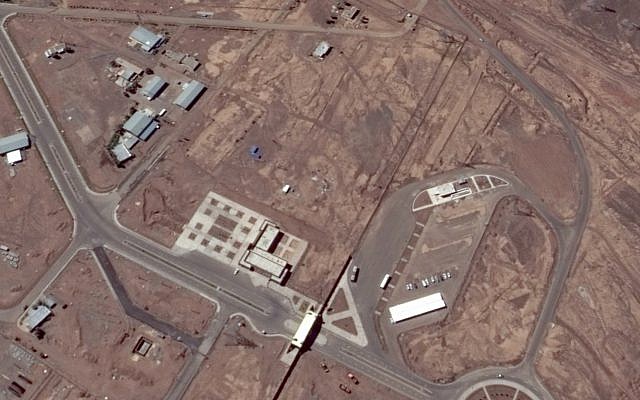
Within a short period of time, Iran began to violate the JCPOA. Iran enriched uranium up to 60 percent purity and expanded its stockpile of enriched uranium to 3,809 kilograms, 3,000 kilograms beyond the permitted level.
In addition, Iran dismantled most of the United Nations cameras at sites monitoring its nuclear program. This prompted Rafael Grossi, the secretary-general of the International Atomic Energy Agency, to issue a warning that Iran had created a “very tense situation.”
Due to its egregious violations, Iran is closer today than ever to becoming a nuclear power. Last month, the International Atomic Energy Agency said that Iran is merely weeks away from a dangerous capability — the ability to enrich enough bomb-grade fuel to build a full-fledged nuclear device.
As a result of this situation, Biden called for a “stronger and longer” accord, promising to lift sanctions in return for Iran’s full compliance with the JCPOA.
But the Vienna negotiation track has not gone well, having collapsed in March following Washington’s rejection of Iran’s demand to remove its Islamic Revolutionary Guard Corps from a list of terrorist organizations. Israel, which regards Iran as its foremost enemy, persuaded the Biden administration to resist Iranian pressure on this non-nuclear issue.
After the conclusion of the uneventful talks in Qatar, the U.S. State Department accused Iran of dithering, saying Iran’s leadership has not yet decided whether “to revive the deal or bury it.”
Several months ago, U.S. Secretary of State Antony Blinken levelled the same accusation against Iran, saying it does not appear to be serious about returning to full compliance with the JCPOA.
The Iranians spin a different story about the Qatar talks.
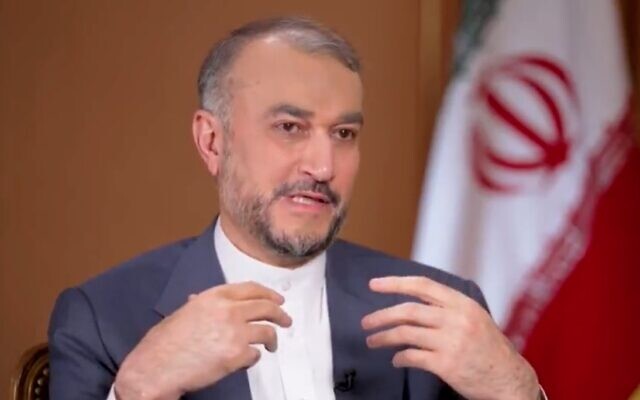
Iran’s foreign minister, Hossein Amir-Abdollahian, described them as “positive,” claiming that a “realistic, solid and lasting” agreement is within reach.
His upbeat assessment was echoed by Iranian President Ebrahim Raisi toward the close of 2021. “We are serious in the negotiations, and if the other side is also serious about the removal of U.S. sanctions, we will achieve a good result,” he said.
The United States and Iran may yet succeed in reviving the JCPOA, which Israel has opposed from the moment it was signed seven years ago this month.
Last December, Israeli Foreign Minister Yair Lapid told Biden’s national security advisor, Jake Sullivan, that Israel would have no problem with a stronger and longer deal that would greatly limit Iran’s capacity to manufacture a nuclear weapon. By contrast, Netanyahu staunchly opposed the JCPOA in whatever form.
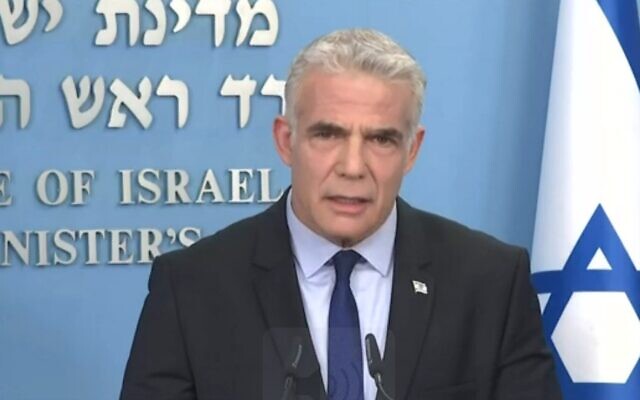
It remains to be seen whether Lapid, who succeeded Naftali Bennett as prime minister on July 1, will stick to his position. In general, though, Lapid’s view is in conformity with mainstream Israeli opinion on this issue. As he said four months ago, “The world cannot afford a nuclear Iran.”
Last month, Bennett told Grossi that while Israel prefers diplomacy to prevent Iran from joining the exclusive nuclear club, Israel reserves the right to strike its nuclear facilities. Six months ago, Bennett said that Israel would not be bound by a new nuclear agreement and would feel free to act against Iran.
He also predicted that a reconstituted accord would likely create instability in the region. General Aharon Haliva, the current head of Israeli military intelligence, does not agree with this somber assessment. He contends that a return to the JCPOA is Israel’s least bad option, according to reports.
Nevertheless, Israel is girding itself for the worst outcome.
Last September, the chief of staff of Israel’s armed forces, General Aviv Kochavi, disclosed that funds have been allocated to prepare the Israeli Air Force for a bombing campaign in Iran. Last December, Israeli Defence Minister Benny Gantz confirmed he had ordered such preparations.
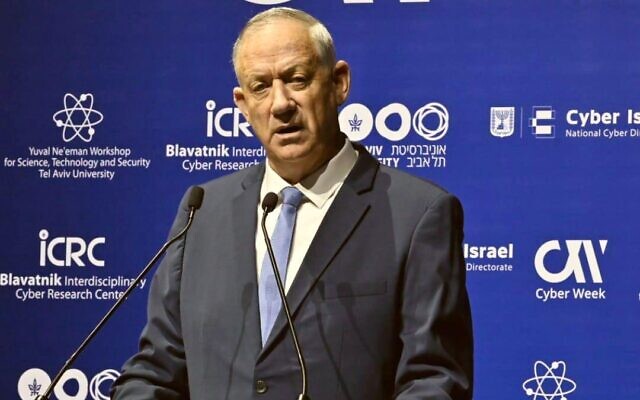
Whether Israel possesses the military capability to effectively bomb Iran’s nuclear sites is quite another matter. The Israeli Air Force does not have aircraft big enough to carry the newest bunker-busting bombs. Nor does it have a sufficient number of refuelling planes.
While the United States is far more keen than Israel to improve the JCPOA, both countries are steadfastly committed to the principle that Iran must not be permitted to weaponize its nuclear program. “When it comes to the most important element, we see eye to eye,” said Blinken this past March. “We are both determined that Iran will never acquire a nuclear weapon.”
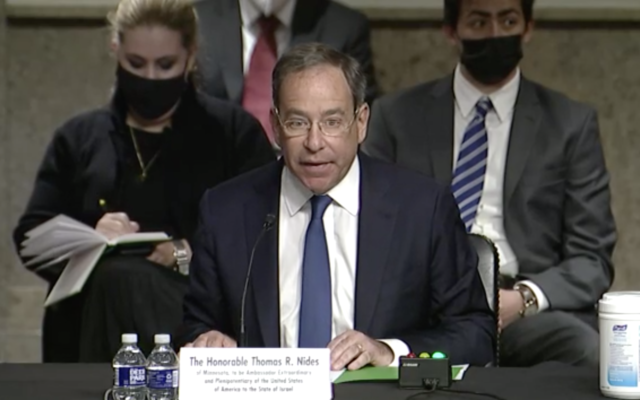
The U.S. ambassador to Israel, Tom Nides, said recently that Biden “will do whatever he can” to ensure that this scenario does not materialize. And in a significant remark, he said that the United States will not impose any restrictions on Israel should it decide to attack Iranian nuclear sites. As he put it, “Israel can do and take whatever actions (it) needs … to protect” (itself).
If Nides meant what he said, Israel could well be on a collision course with Iran in the near future.
